Acne Problem: Main Causes, Symptoms, and Effective Treatment Methods
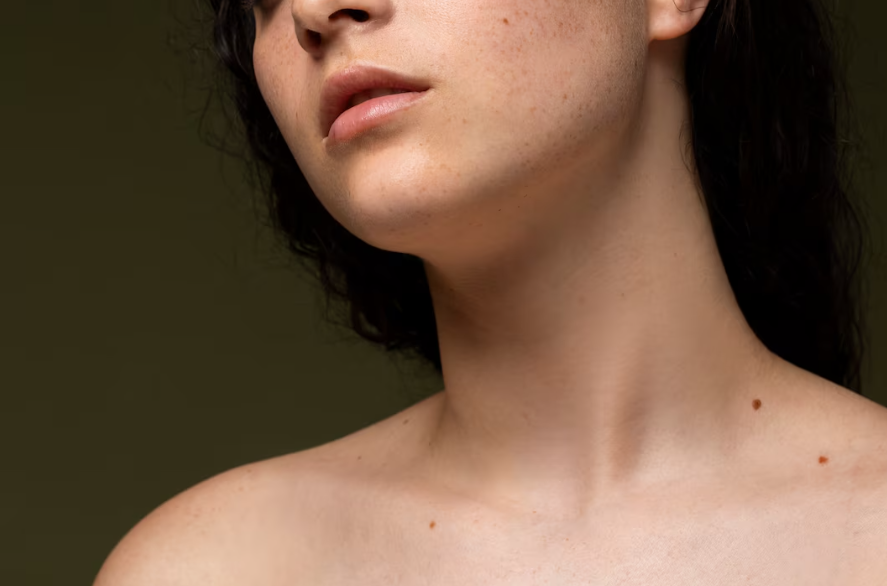
Many people believe that acne is only a teenage problem, but that is not true. Today, this condition occurs in both men and women of older age, as well as in women after pregnancy. However, acne can be more severe in older age, so it is important to strictly follow all the recommendations of a dermatologist.
What is Acne?
It's common to hear questions about acne and what it is, as there are many myths surrounding this skin condition.
Acne is an inflammatory skin disease where the sebaceous glands produce excessive amounts of oil (sebum). Dead skin cells clog pores. If the process stops at this stage, blackheads and whiteheads, also known as retentional acne, form.
In more severe cases, bacteria multiply in the skin's oil, leading to inflammation. This results in superficial pimples (pustules) or deeper lesions (nodules and cysts), known as inflammatory acne.
Causes and Types of Acne
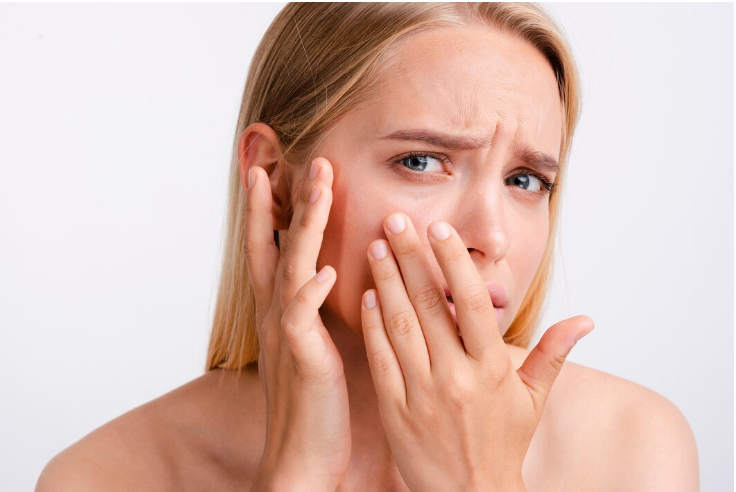
Symptoms of Acne
Facial acne can present a variety of symptoms. The most common are open comedones (light bumps), papules (inflamed lumps under the skin), and pustules filled with pus. The breakouts can appear on the forehead, cheeks, and chin. Additionally, there may be other symptoms of acne such as enlarged pores, increased oiliness of the skin, reddish-purple spots, as well as scars and pits on the skin.
Methods of Treating Acne in Adults
It’s important to know how to properly treat acne for the best results. Treating acne requires the patient’s persistence and strict adherence to the doctor's recommendations. Only a comprehensive approach that includes diet, medication, and well-chosen skincare will yield positive results.
There are different types of acne, which should be considered when choosing a treatment plan. It’s also important to pay attention to the condition of the patient’s skin. In the early stages, proper skincare and certain cosmetic procedures may be sufficient. If the patient has severe acne or closed comedones, medical treatment is necessary. Additionally, it is crucial to identify the specific factor causing the skin problems and minimize its effects.
Medication Treatment
Many patients frequently ask how to get rid of acne. One proven method is medication treatment. Medications for treating acne should only be prescribed by a doctor. These can include antibacterial agents or systemic retinoids, which help reduce the secretion of the sebaceous glands.
Properly selected acne medication can help normalize the condition of the skin and reduce inflammation. The duration of the therapeutic treatment course is determined by a dermatologist.
Hormonal Treatment
Hormonal treatment for acne can be very effective, but it must be administered under careful medical supervision. It is very important to consult with a dermatologist or gynecologist before starting any hormonal treatment, as they can determine the most optimal treatment method in your case.
Frequently Asked Questions About Acne
1. How to distinguish acne from an allergy?
Acne caused by allergies is small and does not contain pus. Acne, however, consists of pus-filled pimples. If you notice a rash or redness on your skin, do not delay; consult a dermatologist. They will take a medical history, analyze your symptoms, examine your skin, and prescribe treatment.
2. What is the recommended diet for acne?
Dermatologists recommend avoiding foods with a high glycemic index (such as sugar, pasta, and white rice), as well as saturated fats and trans fats. It is beneficial to include foods rich in vitamins A, E, complex carbohydrates, zinc, antioxidants, and omega-3 fatty acids in your diet. Following this diet can help reduce inflammation and prevent acne flare-ups.
3. Can acne scars be removed?
Most commonly, laser therapy is used to remove scars and acne marks. Modern methods are safe and provide long-lasting results.
What is Acne?
It's common to hear questions about acne and what it is, as there are many myths surrounding this skin condition.
Acne is an inflammatory skin disease where the sebaceous glands produce excessive amounts of oil (sebum). Dead skin cells clog pores. If the process stops at this stage, blackheads and whiteheads, also known as retentional acne, form.
In more severe cases, bacteria multiply in the skin's oil, leading to inflammation. This results in superficial pimples (pustules) or deeper lesions (nodules and cysts), known as inflammatory acne.
Causes and Types of Acne
- Experts identify the following as the most common causes of acne:
- hormonal changes, increased production of skin oil and changes in its composition due to hormonal influence
- blockage of hair follicles by dead skin cells
- disruption of the skin’s barrier function and a shift in pH balance towards alkalinity
- various gynecological or gastrointestinal conditions
- use of certain medications
- lack of proper skincare according to skin type
excessive consumption of sweets, which provokes an increase in blood sugar levels.

Symptoms of Acne
Facial acne can present a variety of symptoms. The most common are open comedones (light bumps), papules (inflamed lumps under the skin), and pustules filled with pus. The breakouts can appear on the forehead, cheeks, and chin. Additionally, there may be other symptoms of acne such as enlarged pores, increased oiliness of the skin, reddish-purple spots, as well as scars and pits on the skin.
Methods of Treating Acne in Adults
It’s important to know how to properly treat acne for the best results. Treating acne requires the patient’s persistence and strict adherence to the doctor's recommendations. Only a comprehensive approach that includes diet, medication, and well-chosen skincare will yield positive results.
There are different types of acne, which should be considered when choosing a treatment plan. It’s also important to pay attention to the condition of the patient’s skin. In the early stages, proper skincare and certain cosmetic procedures may be sufficient. If the patient has severe acne or closed comedones, medical treatment is necessary. Additionally, it is crucial to identify the specific factor causing the skin problems and minimize its effects.
Medication Treatment
Many patients frequently ask how to get rid of acne. One proven method is medication treatment. Medications for treating acne should only be prescribed by a doctor. These can include antibacterial agents or systemic retinoids, which help reduce the secretion of the sebaceous glands.
Properly selected acne medication can help normalize the condition of the skin and reduce inflammation. The duration of the therapeutic treatment course is determined by a dermatologist.
Hormonal Treatment
Hormonal treatment for acne can be very effective, but it must be administered under careful medical supervision. It is very important to consult with a dermatologist or gynecologist before starting any hormonal treatment, as they can determine the most optimal treatment method in your case.
- Medications for treating breakouts should be selected individually, depending on the cause of the acne, the severity of the condition, and the patient's overall health. However, it is important not to forget about the potential side effects that some hormonal medications may have.
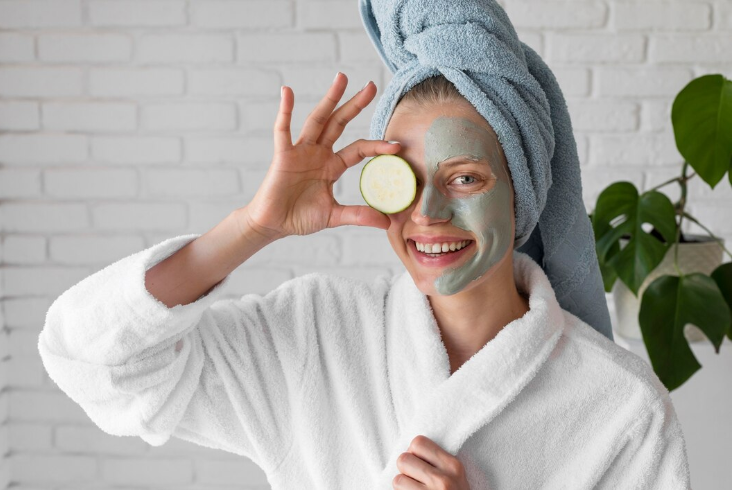
Choosing Cosmetics for Acne
Properly selected products will help hide imperfections, such as facial breakouts, and boost confidence. All products should be safe and tailored to the skin's needs. They should not only conceal imperfections but also avoid irritating the skin.
Skincare After Acne Treatment
After acne treatment, it is essential to take proper care of the skin at home.
1. Cleansing. It is important to choose products that cleanse the skin without over-drying it.
2. Correction. A dermatologist will recommend serums that help reduce inflammation and make subcutaneous pimples less visible.
3. Moisturizing. This is a mandatory step in skincare. The products should have moisturizing properties without clogging pores.
4. Sun protection. During the spring and summer, ultraviolet rays are strong and can exacerbate the condition. Therefore, it's essential to select lightweight creams that offer reliable protection.
Consequences of Untreated Acne
If adult acne is left untreated, post-acne issues such as scars, acne marks, and pigmentation may develop after inflammation. Uneven skin tone and enlarged pores may also appear.
Additionally, acne problems can negatively affect self-esteem and cause psychological stress, anxiety, and depression, especially in teenagers.
Open or damaged breakouts increase the risk of bacterial infections. Without proper treatment, acne can persist for years, leading to constant skin inflammation. Persistent skin problems can also significantly impact quality of life.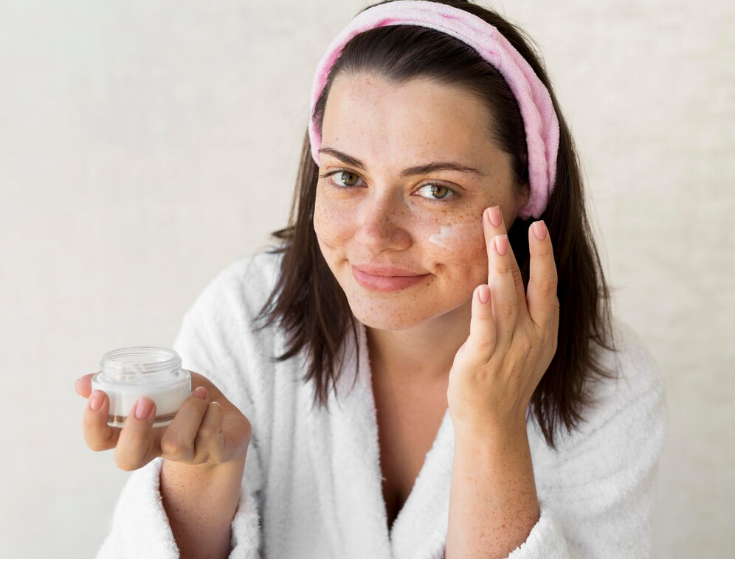
How to Care for Acne-Prone Skin
Problematic skin requires a special approach and thorough care. It is important to carefully choose acne treatments and products that will help address the main issues of the epidermis: excessive oiliness, inflammation, sensitivity, and pigmentation.
Prefer products that do not contain comedogenic ingredients such as coconut and olive oil, lanolin, or shea butter. Pay attention to your diet, as skin health starts from within.
To select the right skincare routine, consult a specialist. A dermatologist will assess your skin condition and recommend the products that are most suitable for you.
Acne Prevention
If you have problematic skin, acne prevention is crucial:
Do not use scrubs if you have acne. Scrubbing can spread the infection - Do not use scrubs if you have acne. Scrubbing can spread the infection
- Never squeeze pimples on your own
- Always remove makeup before bed and cleanse your face
- Avoid touching your face unnecessarily
- Always wash your hands thoroughly before applying skincare products or makeup
- Keep makeup brushes clean
- Follow healthy eating habits and avoid fast food, fatty, and fried foods
- Use high-quality cosmetics that suit your skin type
- Avoid stress, as it often causes an increase in cortisol and adrenaline, leading to excessive sebum production
- Minimize sun exposure if your skin is prone to breakouts, as UV rays can increase oil gland activity.
Frequently Asked Questions About Acne
1. How to distinguish acne from an allergy?
Acne caused by allergies is small and does not contain pus. Acne, however, consists of pus-filled pimples. If you notice a rash or redness on your skin, do not delay; consult a dermatologist. They will take a medical history, analyze your symptoms, examine your skin, and prescribe treatment.
2. What is the recommended diet for acne?
Dermatologists recommend avoiding foods with a high glycemic index (such as sugar, pasta, and white rice), as well as saturated fats and trans fats. It is beneficial to include foods rich in vitamins A, E, complex carbohydrates, zinc, antioxidants, and omega-3 fatty acids in your diet. Following this diet can help reduce inflammation and prevent acne flare-ups.
3. Can acne scars be removed?
Most commonly, laser therapy is used to remove scars and acne marks. Modern methods are safe and provide long-lasting results.
Posted:
September 26, 2024

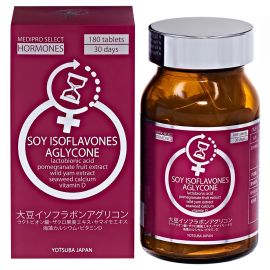
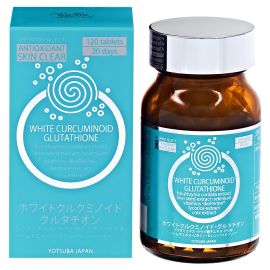
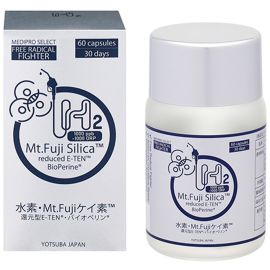
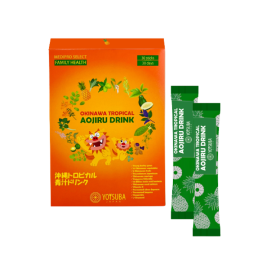





Log In